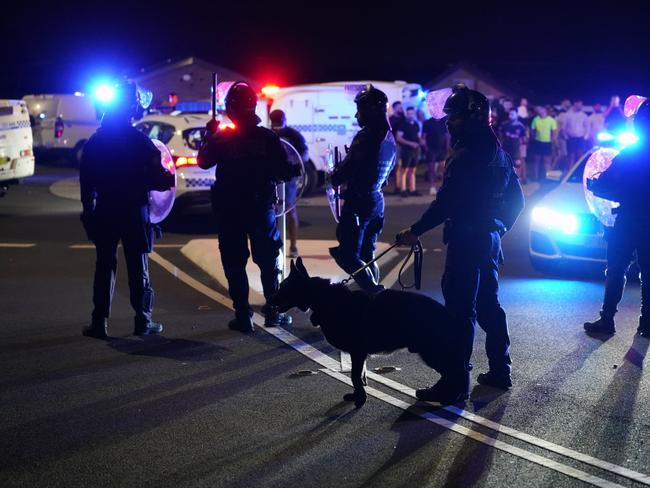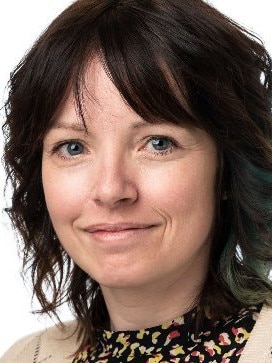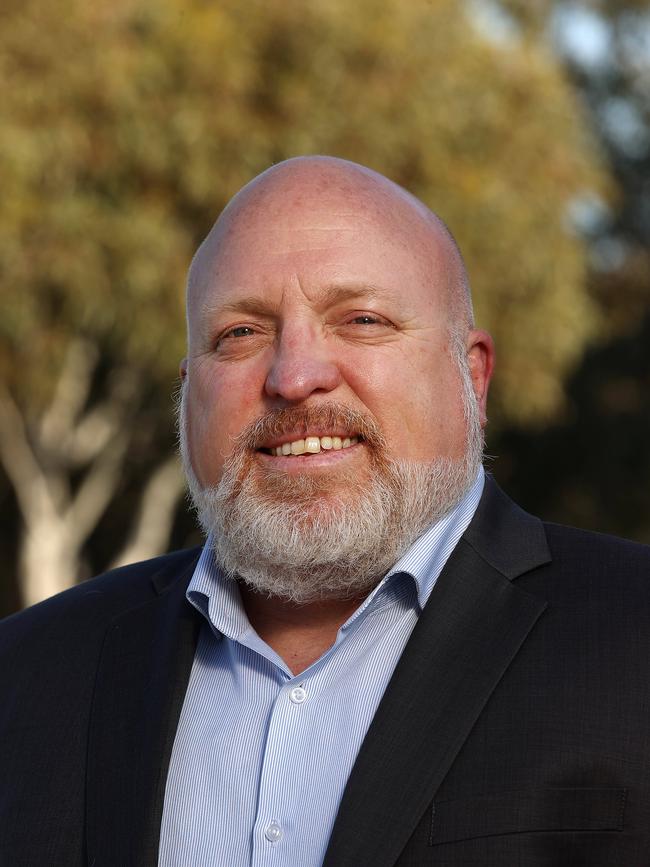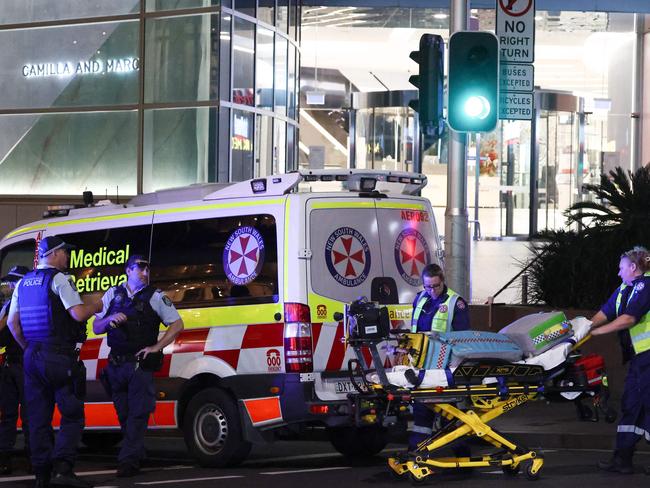Nearly 20 per cent of Australian men want to resist feminism with violence
Alarming new findings have revealed how many Australian men have a certain view about women – and what they’re prepared to do in response.
True Crime
Don't miss out on the headlines from True Crime. Followed categories will be added to My News.
Nearly 20 per cent of Australian men are so opposed to feminism, they would rather attack strong female voices with violence, new research reveals.
The report by the University of Melbourne also found the antifeminism beliefs were far higher than any form of extremism.
And report author Dr Sara Meger said those with hostile attitudes about gender were about five times more likely to support white supremacist and religious violent extremism.
More than 1000 Australians were asked their view of the question ‘Feminism is damaging to our society and should be resisted by force if necessary’ for the study that explored links between misogyny, racism and violent extremism.
Just under 20 per cent of men said feminism should be resisted “with force” if necessary, with the highest support among men aged 18-29.

“If we actually think of antifeminism as it’s own form of violent extremism, and analyse it independently, it would actually be the most prevalent form in Australia – and that’s really quite stark,” Dr Meger said.
Although the research set out to examine violent extremism it also illustrated how polarised Australians were “and the relationship of these sexist and racist attitudes in that polarisation process”.
“I think it’s also suggesting we have a bigger problem on our hands, and unless we redress the underlying causes of people’s political polarisation we’re probably are going to be facing some bigger challenges in social cohesion,” she said.
The alarming findings showed police and intelligence agencies need to put a greater focus on misogynistic and racist attitudes as predictors of violent extremism and consider them as a major national security threat, Dr Meger said.


“Our policy and framework doesn’t have a means for understanding the risk that that might pose … It’s not so much the content of the ideology, so much as their willingness is violence in pursuit of it,” she said.
Incidents, like the deadly Bondi Junction stabbing, weren’t categorised as a terrorist attack because “they don’t understand how misogyny or anti feminism could itself be a motivating ideology”.
“There’s individual men who are committing homicide against intimate partners or former partners, but there’s also men feeling hostility or hatred of women … who might seek more spectacular public forms of violence. Not understanding that pathway is going to inhibit our ability for early intervention or identification of risk,” she said.

Dr John Coyne of the Australian Strategic Policy Institute (ASPI) said police looking for offences like domestic violence and homicide might be missing “the bigger picture”.
ASPI did a report on incel violence last year and found examples overseas, but not in Australia.
Incel describes someone, usually a male, who is frustrated by their lack of sexual experiences, and a hatred of women develops as a result.
“We published the report and then I had a senior New South Wales Police Officer call me who had just finished prosecuting successfully a case and said ‘we never thought of it as an incel, and we just thought of it as violence against women.”
The offender was jailed for a long time, but Dr Coyne said the issue was it had all the hallmarks of incel violence but was never viewed as a possible act of violent extremism.





